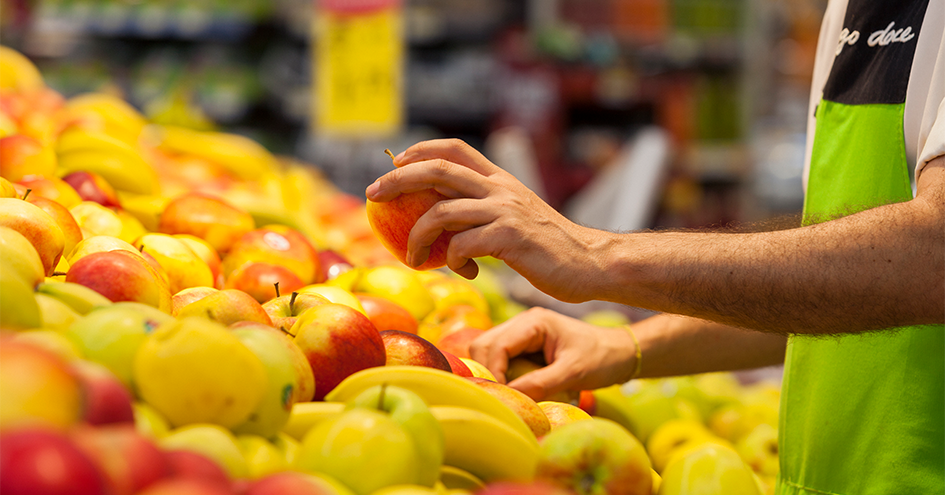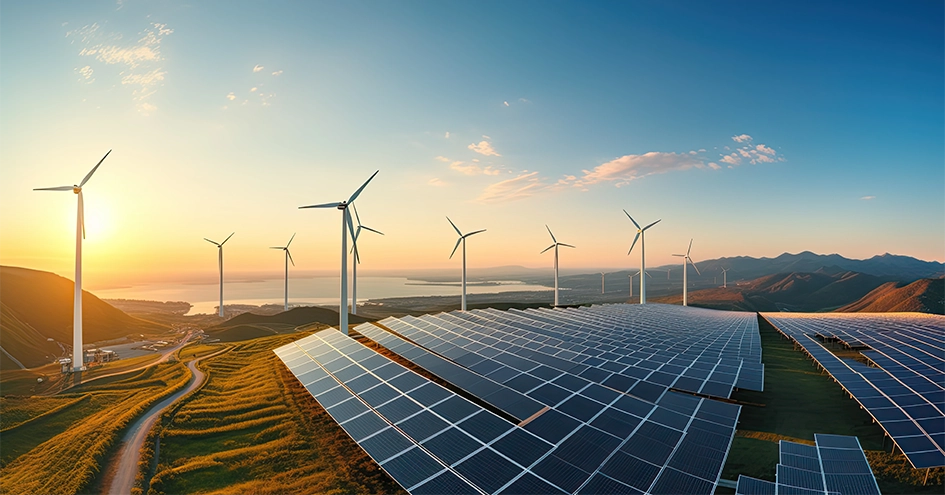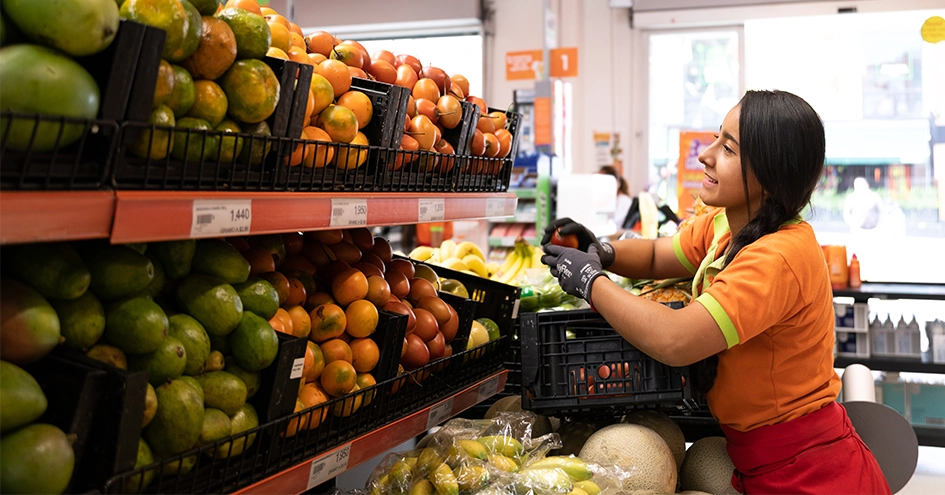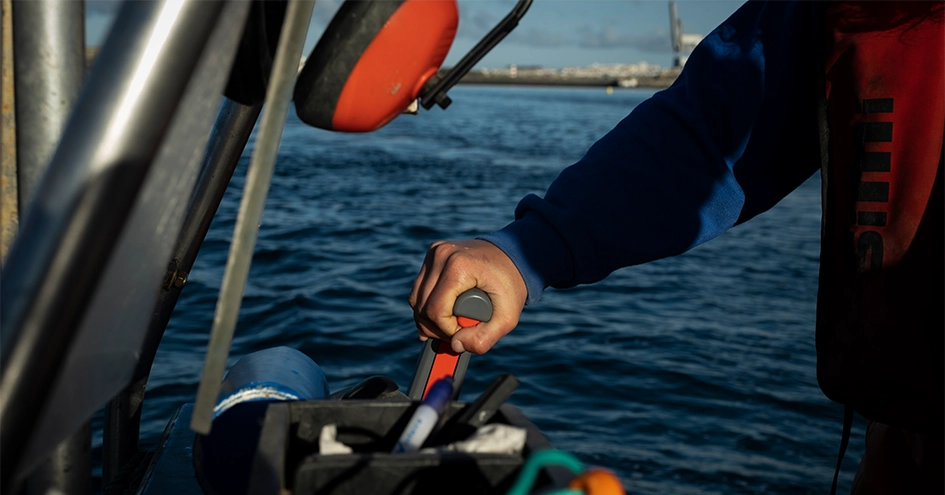Our more than two centuries of history reflects the responsible way in which we carry out our business activities and the medium and long-term vision underlying the decisions we take throughout the value chain.
In 2024, and as a result of the continued work of our teams, we were included in over 140 international sustainability indices that recognise our good sustainability practices.

Food distribution accounts for more than 98% of consolidated sales and our mission is to meet the needs of the millions of consumers who visit our stores every day, by delivering quality food at competitive prices.
The investments we make to provide affordable, safe and quality products are reflected, for example, in food safety audits of suppliers and analyses of the products we sell. This has helped reduce the number of products we have had to remove from the shelves for safety or quality reasons by 24% compared to 2023.
The food we sell in our stores is healthier and our recipes formulations have avoided the consumption of 576 tonnes of sugar, 169 tonnes of fats, and 60 tonnes of salt, without compromising on taste and consumer preference.
At the same time, more than 90% of the food sold in our stores is sourced from local suppliers, a practice we have ensured for over a decade.
In Colombia, we are making a very relevant social investment to provide support in the amount of one million euros, by 2026, for projects to fight food shortages and support local communities, with an impact on more than 60,000 people, especially children, young people and mothers. As a result of our efforts, we were awarded the Portafolio 30 años prize by Portafolio magazine in the “sustainability” category.
As regards social initiatives, Humpact ranked us as one of the companies with the best performance among the 46 assessed in the consumer goods sector, giving us the maximum score for the way we contribute to the United Nations Sustainable Development Goals. We were also honoured at the Wellbeing Awards, in the “People Choice Awards” category, reflecting the positive perception of our employees.
The growth of our operations has made us an increasingly diverse and multicultural employer, with 87 nationalities represented in the Group and four different generations in our workplaces. The year 2024 will be marked by our inclusion in the FTSE Diversity & Inclusion Index – Top 100, an index that identifies the 100 publicly traded companies with the best performance in promoting inclusive workplaces. We are actually the only company in Portugal and also in the “supermarkets and convenience stores” category to be listed on this index, which analysed more than 15,500 companies from all over the world.
For the fourth consecutive year, we were included in the select group of companies worldwide to receive the highest score (‘A’) for their practices in fighting climate change. The CDP’s annual assessment ranks us at leadership level (‘A-’) both in the management of water as a critical resource and in the management of the commodities most associated with deforestation risk (palm oil, paper/wood, beef and soy). This distinction recognises not only the actions we have taken throughout the year, but also the transparency of the information we report.
We reduced our carbon footprint by 15.8% in 2024 compared to 2023, against a 9.3% increase in turnover. Direct emissions from own operations (scope 1) and those of our energy suppliers (scope 2) have been decreasing due to investments in energy production (we closed the year with photovoltaic panels installed in more than 2,000 stores and distribution centres), the purchase of electricity from renewable sources, and the modernisation of equipment that runs on refrigerants. Part of these investments are financed by instruments linked to our sustainability commitments. In 2024, these sustainable finance instruments gained greater materiality, accounting for around 25% of our consolidated financing.
Environmental highlights

- We reduced our carbon emissions (scopes 1 and 2) by 15.8%, compared to 2023.
- We reduced our energy consumption by 9.3% (per million euros of sales).
- We now have over 2,000 stores and distribution centres with photovoltaic panels.
- We reduced the packaging materials used in our Private Brands by 10.9% (per million euros of sales).
Social highlights

- We invested 354 million euros in recognising our employees (13% more than in 2023), and 17 million euros in training them.
- We invested over 48.4 million euros in internal social responsibility (ISR) measures and 7.8 million euros in initiatives and programmes that promote wellbeing.
- More than 121 million were invested to support local communities, which includes the 40 million attributed to the newly created Jerónimo Martins Foundation.
- We prevented 576 tonnes of sugar, 169 tonnes of fats, and 60 tonnes of salt from entering the market through the nutritional reformulation of our Private Brand and perishable products.
Governance highlights

- We continued our efforts to promote training within the organisation on business conduct. In 2024, 27,455 employees received training on the Group’s Code of Conduct, and 21,953 were trained on the Group’s Anticorruption Policy. Therefore, representing an increase of 22,204 and 6,366 employees compared to 2023, respectively.
- We source over 90% of our food purchases from local suppliers.
- We ensure that environmental criteria are included in our processes for selecting potential Private Brand and perishables suppliers, and that the criteria are given the same weight in both the quality and the food safety audit components. In 2024, a total of 179 new suppliers were assessed and approved after meeting both criteria.
